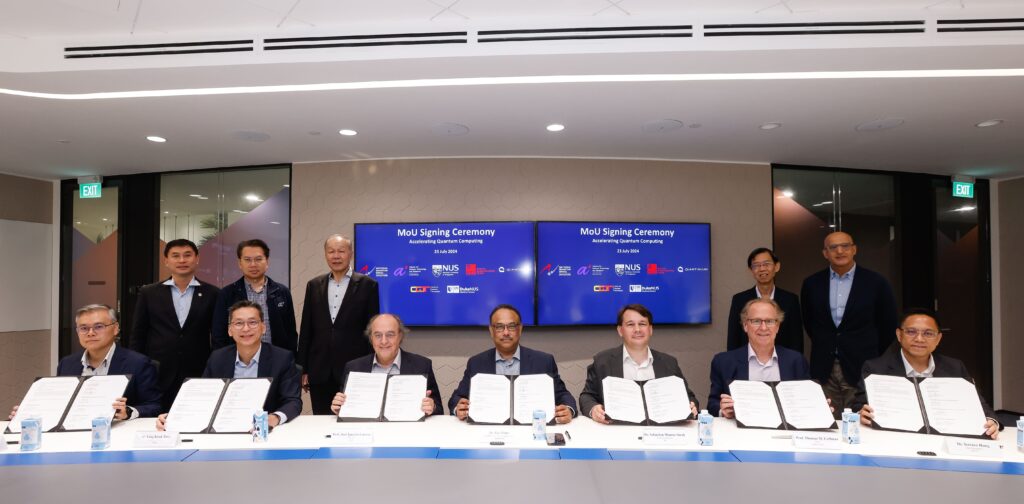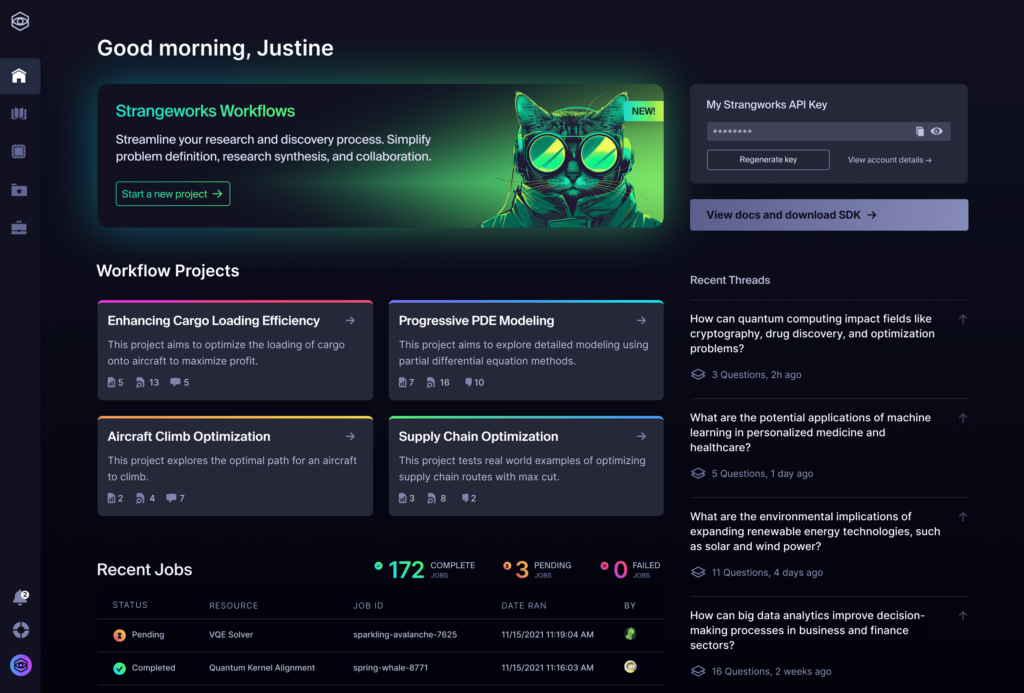
For the past few months, a global battle has emerged that only Don Quixote could admire. In Britain, dozens of 5G — fifth generation — cell towers have been destroyed. About 16 were torched in the Netherlands — and other attacks were reported in Ireland, the U.S. and Belgium. Wild rumors of 5G continue to swirl around the web and on social media.
While Quixote pretty much kept to spearing windmills, it’s not just the towers that are bearing the wrath of the people who are determined to stop the spread of 5G. About 80 telecommunication engineers have been attacked while on the job, according to some reports.
What could cause this reaction to what was initially hyped as a miracle technology? While the answer is a bit complicated, it seems that this initial hype around the technology also prompted fear, and this fear landed on conspiracy stories that 5G was spreading COVID-19 and cancer. 5G companies were completely taken by surprise by the seriousness and the destructive capability of — to them — just a few crazy rumors.
If quantum computing and particularly quantum AI, if realized, is arguably more powerful — and it is unquestionably more philosophically mindbending — than 5G, there is nothing stopping a similar anti-quantum Luddite movement from arising and thwarting progress in the quantum sphere.
If that’s the case, the quantum industry should begin now to confront this potential threat.

Here are few steps the industry might want to consider.
Consult With Philosophers and Ethicists
Scientists need to understand the broader impacts of quantum technology on the economy and society. We tend to become siloed into our little spheres-of-influence — algorithm developer, COO, quantum hardware engineer — without looking at the broader picture.
Taking the time to speak with philosophers and ethicists may give quantum entrepreneurs a chance to explore the unknown unknowns that are out there. Taking the time to talk to the public at large is a good way to connect the ethical and the technological, as well.
Fortunately, people are already starting work in quantum ethics and there’s already some foundational work in AI and ethics that might serve as a pattern.
There is another benefit of reaching across the science aisle to our colleagues in the social sciences. It’s possible, if not probable, that many of these folks have no idea about quantum technology. You may, in fact, need to teach them about quantum before they can weigh in on the ethical considerations — and this interdisciplinary is precisely what is needed to stave off a 5G-like backlash.
Build (Real) Communication Teams
A quick look at the team pages on the websites of several top quantum computing companies and startups shows that only a few members of those teams are communicators. Most teams are heavy on research and operations and a few do have a marketing employee or two, but few have a fully built out communications team. Even if your business may not draw a client base from the general audience, communicating out about your research and developing communication initiatives are critical steps for this long-term view of building out an understanding of quantum technologies.
The challenge will be to build teams that go beyond mere marketing loudspeaker, but create teams that can help people understand the technology of quantum computing, along with the benefits and limitations of the tech.
It’s also a good idea to bring communicators, ethicists, and multidimensional thinkers on your advisory and analyst teams for just this reason.
Focus on Benefits — for Everyone
It’s easy to get in the weedy, but awe-inspiring world of quantum science and engineering. But, you have to be able to zoom out to see the whole picture. You are not just trying to merge more qubits, or hang on for more fidelity, your technology should mean something to improve the lives for as many people as possible.
Imbue this vision into your team’s culture and your outreach and communication efforts.
“Hype can have two major negative effects on persuasion. First, it can lead to deep disappointment if the benefits fail to show in a timely fashion. Second, it can actually scare people who may be leery of pending change.”
But Watch Hype…
Hype is the exclusive focus on the future benefits without balancing negative impacts, or mentioning the chances that the innovation might fail to live up to its potential. Hype can have two major negative effects on persuasion. First, it can lead to deep disappointment if the benefits fail to show in a timely fashion. Second, it can actually scare people who may be leery of pending change. By making sure your communications includes simple rhetorical devices — polite, balanced language, statements on limitations, and transparent disclosures on the potential challenges — a company can keep interest in its quantum technology without incurring too much hype.
But Watch Watching Hype…
We all have a, “well, actually” person in our lives. We might even be a well, actually person. Well, actually people always have a contrarian opinion about, well, anything and everything. But, there’s a reason why they offer those constant contrarian opinions. People who are negative seem smarter, according to the negativity bias, and that’s the polar opposite of hype. In fact, well, actually people love to point out everything as hype. Lowering expectations, if not negating expectations, is what they do best.
The negativity bias is pervasive in the academic community and, because, communication strategy in the quantum industry is still dominated by an academic approach, it has seeped into the public conversations about quantum. No matter what assertion you make, one critic or another will offer reasons why that assertion is false. And critique is obviously important in academics. It’s part of the scientific process. However, out in the wild, beyond the gates of the academy, constant negativity can also lead to, at best, pessimism, and, at worst, paranoia. Those emotions feed conspiracy theories and Luddism.
So, check yourself and find that balance between unbridled optimism and abject negativity. There’s nothing wrong with hope and cautious optimism!
Monitor and Listen
Science communications, as it is typically practiced, is based on the information deficit theory. This is it in its essence: People lack knowledge. We’re smart. Hey, people, here’s some knowledge.
But, people aren’t empty jugs. They are smart in some things and not so smart in others. They have biases — and so do we. They have fears — and so do we.
In other words, we must differentiate between communication — two-way — and broadcasting — one way. We need to be ready to address new issues, seize new opportunities, and adjust our strategies as the need arises.
Communicate Early and Often
In most cases, it’s too late to wait until negative press or conspiracy theories start to spread. A better approach is to proactively, consistently and continually explain the technology. In other words, we should start this effort to make quantum technology accessible and understandable now.
Finally, I should do some de-hyping of my own. There is no magic bullet in science communication strategies. Ethically speaking, not everyone will be a fan and, most certainly, some will be enemies of the technology. However, these efforts can help limit widespread blowback and take a few steps toward nurturing a quantum industry that tries to do the best for the most.




















